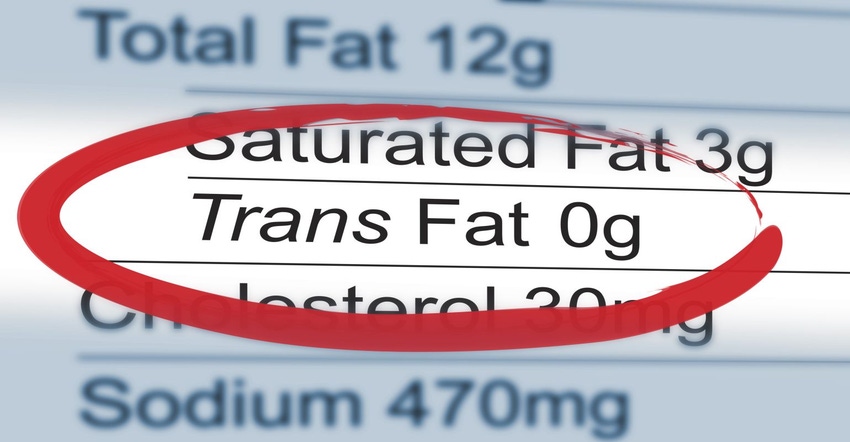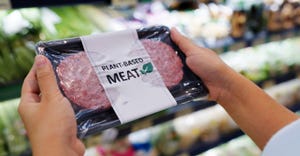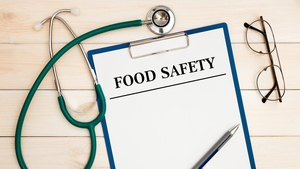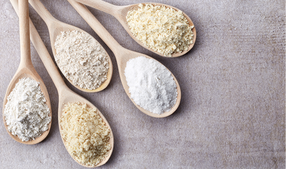The World Health Organization (WHO) on May 14 issued a step-by-step guide called REPLACE to eliminate industrially-produced trans fatty acids from global food supply, a move the agency said would reduce the number of cardiovascular disease-related deaths associated with trans fat intake.

“WHO calls on governments to use the REPLACE action package to eliminate industrially-produced trans-fatty acids from the food supply,” said WHO Director-General Dr. Tedros Adhanom Ghebreyesus. “Implementing the six strategic actions in the REPLACE package will help achieve the elimination of trans fat, and represent a major victory in the global fight against cardiovascular disease.”
REPLACE provides six strategic actions to ensure the prompt, complete, and sustained elimination of industrially-produced trans fats from the food supply:
REview dietary sources of industrially-produced trans fats and the landscape for required policy change.
Promote the replacement of industrially-produced trans fats with healthier fats and oils.
Legislate or enact regulatory actions to eliminate industrially-produced trans fats.
Assess and monitor trans fats content in the food supply and changes in trans fat consumption in the population.
Create awareness of the negative health impact of trans fats among policy makers, producers, suppliers and the public.
Enforce compliance of policies and regulations.
WHO recommends the total trans fat intake be limited to less than 1% of total energy intake, which translates to less than 2.2 g/day with a 2,000-calorie diet. Trans fats increases levels of low-density lipoprotein (LDL, or “bad”) cholesterol decreases levels of high-density lipoprotein (HDL, “good”) cholesterol. What’s more, diets high in trans fats increase heart disease risk by 21% and deaths by 28% . Replacing trans fats with unsaturated fatty acids decreases the risk of heart disease, in part, by ameliorating the negative effects of trans fats on blood lipids. In addition, there are indications that trans fat may increase inflammation and endothelial dysfunction.
There are two main sources for trans fats: natural (dairy products and meat of ruminants such as cows and sheep) and artificial (partially hydrogenated oils or PHOs). PHOs were first introduced into the food supply in the early 20th century as a replacement for butter, and became more popular in the 1950s through 1970s with the discovery of the negative health impacts of saturated fatty acids. PHOs are primarily used for deep frying and as an ingredient in baked goods and snacks.
In 2015, FDA determined PHOs are not GRAS (generally recognized as safe) for foods, giving food and beverage manufacturers until June 18, 2018 to remove them entirely from their products. Several countries have virtually eliminated artificial trans fats through legally imposed limits on the amount that can be contained in packaged food. Some governments have implemented nationwide bans on PHOs. Denmark was the first country to mandate restrictions on artificial trans fats, resulting in dramatic declines in the trans fat content of food products and deaths from cardiovascular disease.
About the Author(s)
You May Also Like






